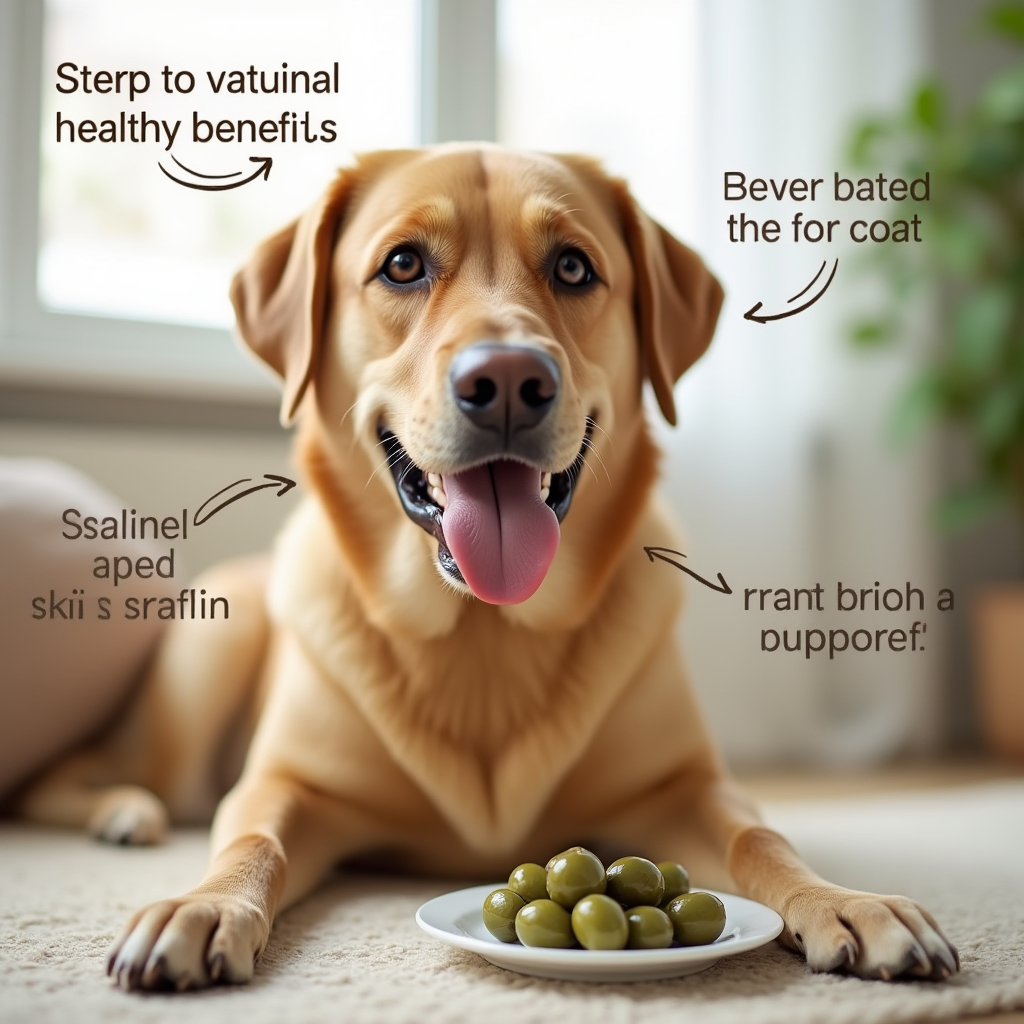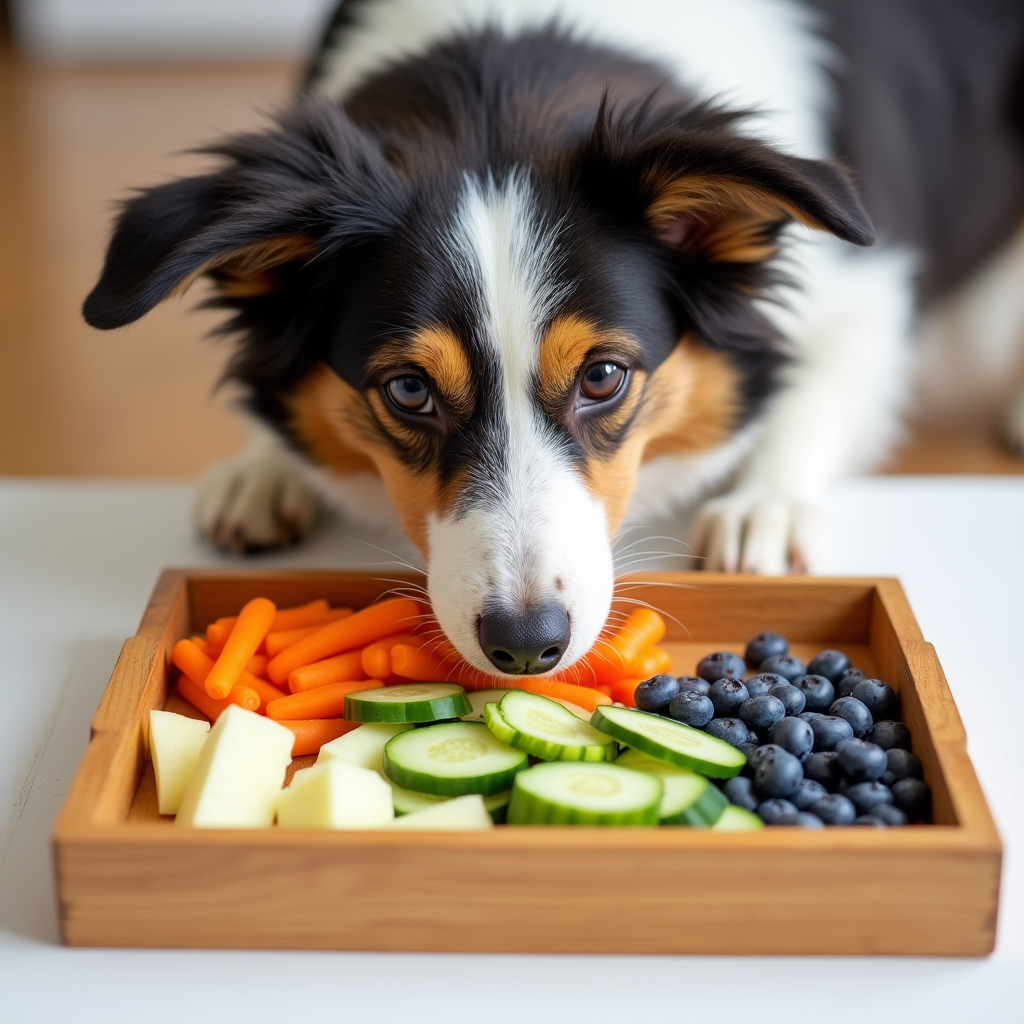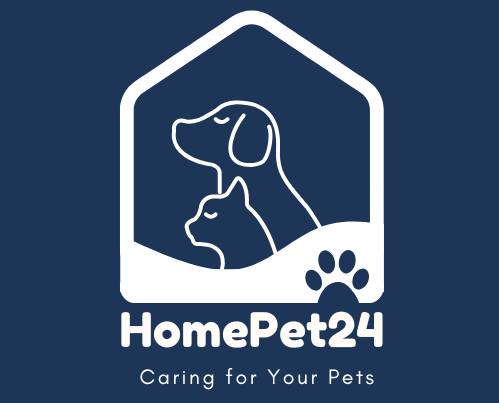Introduction
Many dog owners love sharing their favorite snacks with their furry companions, but some human foods can be questionable when it comes to canine health. One common curiosity is: Can dogs eat olives? Whether you’ve accidentally dropped an olive or you’re considering offering it as a treat, it’s important to understand the potential benefits and risks.
So, can dogs safely enjoy olives, or should you keep them out of reach? The answer might surprise you!
Nutritional Profile of Olives
Olives are packed with nutrients that can be beneficial to humans, but how do they impact dogs? Here are some key components found in olives:
- Monounsaturated fats: Supports heart health in humans, but excessive fat can cause digestive issues in dogs.
- Vitamin E: Known for promoting healthy skin and a shiny coat.
- Iron and Calcium: Essential minerals for overall canine health.
- Antioxidants: May help reduce inflammation and combat cell damage.
While these nutrients can be beneficial in small amounts, olives also contain elements that may pose a risk if not offered carefully.
Potential Benefits of Olives for Dogs

In moderation, plain and pitted olives may provide certain health perks for dogs, including:
- Improved Skin and Coat: The Vitamin E and healthy fats in olives can support skin hydration and a glossy coat.
- Antioxidant Support: May help neutralize free radicals and reduce oxidative stress.
- Heart Health: Monounsaturated fats may play a role in maintaining cardiovascular health.
Despite these potential benefits, olives should only be offered occasionally and in controlled portions.
Risks and Precautions
While olives are not inherently toxic to dogs, there are some important concerns to keep in mind:
- High Sodium Content: Many commercially packaged olives are cured in brine, which can contain dangerous levels of salt for dogs. Excess sodium can lead to dehydration, elevated blood pressure, or sodium poisoning.
- Choking Hazard from Pits: Olive pits pose a choking risk and may cause intestinal blockages if swallowed.
- Digestive Upset: The high fat content can lead to stomach discomfort, vomiting, or diarrhea, especially in dogs with sensitive digestive systems.
- Stuffed Olives Are Unsafe: Avoid giving dogs stuffed olives, as fillings like garlic, onions, and cheese can be toxic or unhealthy.
Safe Ways to Offer Olives to Your Dog
If you decide to give your dog olives, follow these guidelines to ensure their safety:
- Choose Plain, Unsalted, and Pitted Olives: Avoid brined or flavored varieties to minimize sodium and harmful additives.
- Feed in Moderation: Limit olives to an occasional treat—one or two olives are generally sufficient for medium-sized dogs.
- Monitor for Reactions: Watch your dog closely after offering olives to detect any signs of digestive distress or allergic reactions.
Alternatives to Olives

If you’re looking for safer and healthier snack options for your dog, consider these alternatives:
- Carrot Sticks: Low in calories and great for dental health.
- Blueberries: Packed with antioxidants and safe in moderation.
- Apple Slices: Provide fiber and vitamins (remove seeds and core first).
- Cucumber: Hydrating and low-calorie, perfect for warm days.
Conclusion
So, can dogs eat olives? The truth is that while plain, unsalted, and pitted olives are not toxic to dogs, they should only be an occasional treat. High sodium content, choking hazards, and digestive concerns mean that moderation is key.
When in doubt, consult your veterinarian before introducing any new food into your dog’s diet to ensure their safety and well-being.
Frequently Asked Questions (FAQs)
- Can dogs eat green and black olives? Yes, both green and black olives are safe if they are plain, unsalted, and pitted.
- Are olive pits harmful to dogs? Absolutely. Olive pits can cause choking or digestive blockages and should always be removed.
- Is olive oil safe for dogs? Yes, in small quantities. Olive oil can support skin health and digestion, but too much can cause stomach upset.
- Can puppies eat olives? It’s best to avoid giving olives to puppies. Their digestive systems are more sensitive, and there are safer treat options.
- What should I do if my dog eats too many olives? Monitor your dog for signs of vomiting, diarrhea, or lethargy. If symptoms appear, contact your veterinarian promptly.
- Are stuffed olives safe for dogs? No, stuffed olives often contain ingredients like garlic or cheese, which can be harmful to dogs.
- Can dogs have olives in brine or pickled olives? Avoid these types due to their high sodium content, which can be harmful to dogs.
- How many olives can I give my dog? One or two plain, pitted olives are a safe treat for most dogs. Avoid overfeeding to prevent digestive issues.
- Can olives cause allergies in dogs? Although rare, some dogs may experience allergies. Introduce olives slowly and monitor for signs like itching or digestive upset.
- Are there healthier alternatives to olives for dog treats? Yes, dog-friendly fruits and vegetables like carrots, blueberries, and apple slices are safer and more nutritious choices.

